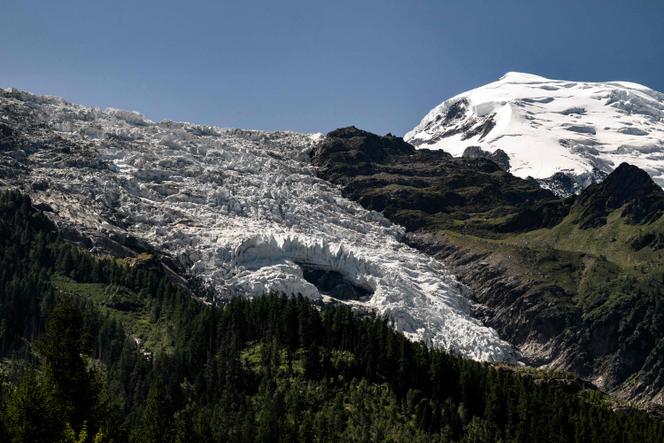


It has become the compass for climate action, adopted by vulnerable and ambitious countries alike, as well as diplomats and non-governmental organizations. It serves as a benchmark to shape policies and measure progress. The target of limiting global warming to 1.5°C is now "no longer achievable," leading climate scientists warned at the end of June.
The culprit is the ongoing rise in greenhouse gas emissions caused by human activities. These emissions are pushing temperatures higher and triggering a cascade of climate disasters. But what does exceeding this limit actually mean? Le Monde takes a closer look at an issue that's been central for the past decade.
It is one of two main goals that was set by the Paris Agreement on climate change, signed on December 12, 2015. Article 2 of the agreement aims to hold "the increase in the global average temperature to well below 2°C above pre-industrial levels" and "to pursue efforts" to limit the temperature increase to 1.5°C. To define "pre-industrial levels," the Intergovernmental Panel on Climate Change (IPCC) uses the 1850-1900 period as its reference. Notably, these targets are not tied to any specific time horizon nor do they refer specifically to the year 2100.
You have 83.69% of this article left to read. The rest is for subscribers only.
